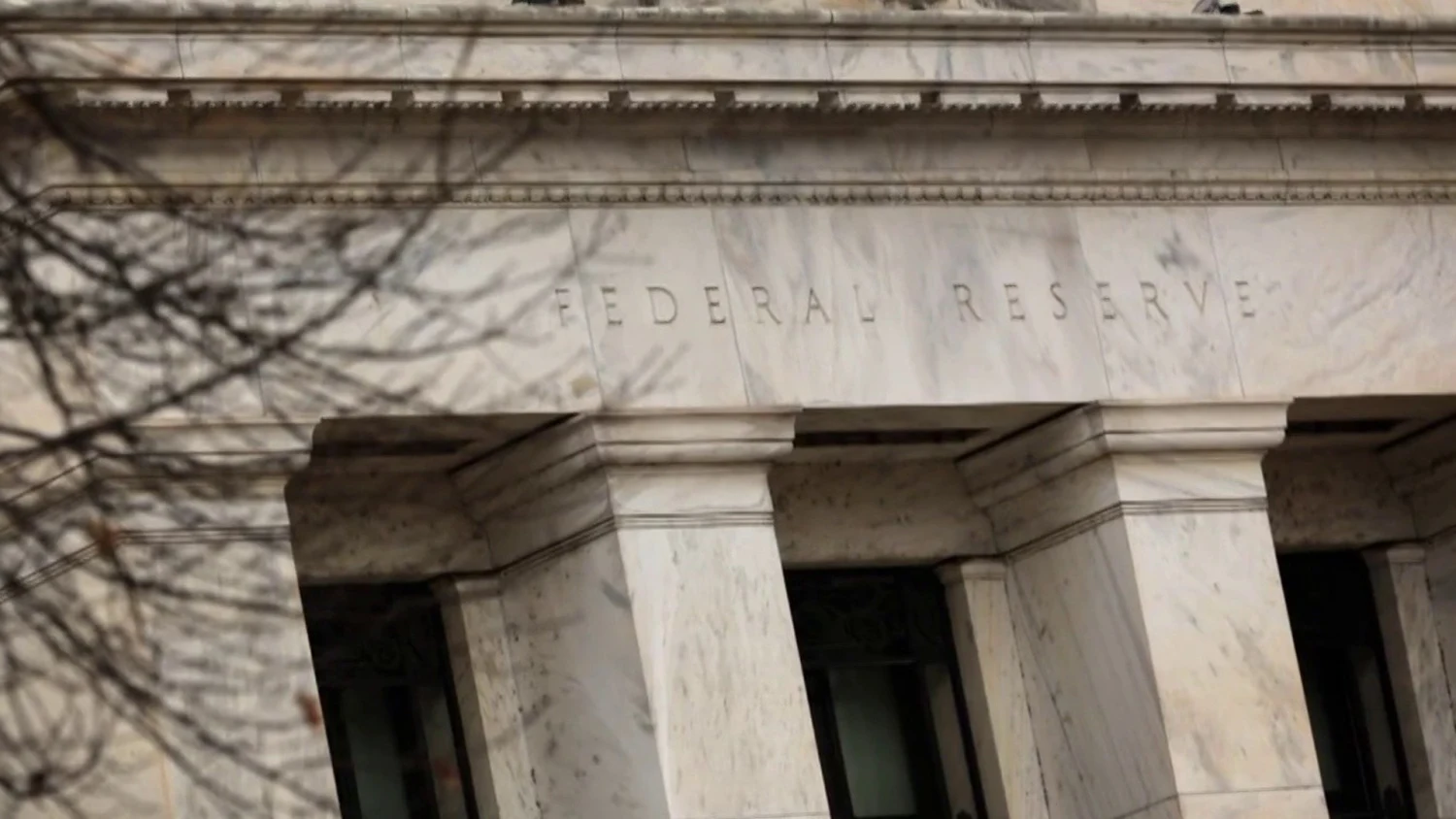By Katie-Ann Gupwell
Copyright walesonline

Us Welsh have all sorts of quirks, and one of them is the language we often speak day to day . As well as having the Welsh language , we also have a few “Welshisms” that other people wouldn’t really understand, with one of the best being the word “mun.” If you’re from the Valleys, there is no doubt you would have heard of the word “mun”, as most people say it practically every day. While not being a traditional Welsh word, it is considered a piece of Wenglish (Welsh-English dialect) slang, and it’s commonly used to add emphasis, express frustration or show sympathy, as well as being considered similar to saying “man” in English. Even though it doesn’t carry solid meaning on its own, it’s a word that’s used a lot in South Wales and one man, known as Bagsy, recently attempted to teach English people what the word actually means. It’s fair to say his explanation is pretty hilarious, and it’s not the first Welsh buzz word to take people by surprise . On Instagram, he explained: “The Valleys speak of the day is ‘mun’. Typically used as a full stop. Fun fact, in his televised series Around The World In 80 Days, Michael Palin once described people from the Valleys as ‘you can tell when they’ve finished a sentence, because either they take a breath, or they say mun’. “Mun is also the favourite word of H from Steps. Used in a setence: ‘Boys mun!! You’re doing my b****y head ‘in.'” Warning: Below video may contain offensive language The video has been viewed hundreds of times and people were quick to comment. The explanation left many people in hysterics. One person wrote: “Love this. I’m a mun’er.” Another added: “Aww, c’mon mun.” A third replied: “Mun is used all over Wales.” Meanwhile, a fourth commented: “Not just Valleys.” Someone else also chimed in with: “Love these. Sent to my mam and she said a few other words of the day should be ‘by there’ and ‘what do you call it?'” In the past, the word has also come up on Reddit. One person once asked: “I s ‘mun’ a uniquely Welsh thing?” They wanted to know more after noticing the word is used ” after many types of declarations.” To this, one person said: “I understand people saying it’s like ‘man’ [in] Newcastle, but it’s not quite like that. It can express exasperation, frustration, disappointment. It can be used as an emphasis: ‘I told you, mun!'” Another added: “It’s from ‘myn’, the Welsh word used in countless expressions – myn duw, myn diawl etc. It’s derived from an early Welsh word meaning ‘mine’ (and related to it, of course, as to eg ‘mon’ in French) but in meaning in context is an equivalent of the ‘by’ in the English ‘by God’, etc. “It came to be just used on its own. It’s commonly used in English by many Welsh people, as you know, but probably most would not be aware of its origin.” A third also chimed in with: “It’s used frequently way up in Inverness. I actually thought it was a Highlands thing until I seen this question. Weird. Alright mun?”



